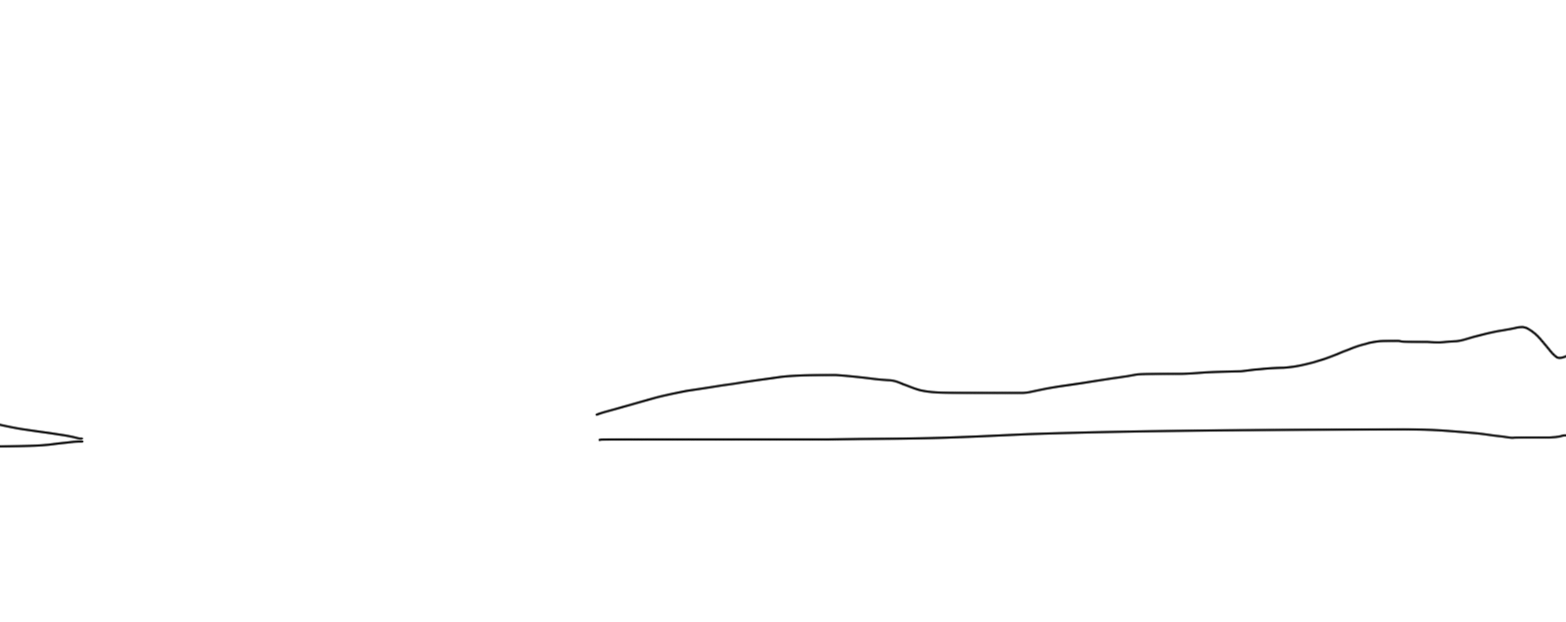

“There was a new voice which you slowly recognized as your own, that kept you company as you strode deeper and deeper into the world.”
~Mary Oliver


“There was a new voice which you slowly recognized as your own, that kept you company as you strode deeper and deeper into the world.”
~Mary Oliver


Internal Family System (IFS) Therapy
I first discovered IFS more than a decade ago at a retreat with Richard Schwartz and Toni Herbine-Blank. It was clear to me pretty quickly that this model was different, and I could sense the capacity for deep healing for both myself and my clients. It just made sense to me. I immediately started down the path to becoming trained as an IFS therapist. As a model, IFS facilitates the relationship between SELF and PARTS in order to allow individual parts the space they need to feel seen, heard, appreciated and understood.
Understanding SELF...
The healing essence of SELF is what facilitates healing of all parts. It is something that we are ALL born with. Self has 8 healing qualities: curiosity, compassion, calm, creativity, courage, clarity, confidence and connectedness. When accessed, self energy allows us to relate to our inner and outer lives with compassion, patience and calm. In my role as an IFS therapist, I help my clients access and feel their self energy so they can work with their parts and help free their systems of burdens to feel more balanced and integrated.
Understanding PARTS...
IFS holds that all PARTS are welcome. It uses a non-pathologizing lens that understands the complexity of our human experience. Some parts are proactive and help to keep us on track and manage our daily life, while other parts are reactive and impulsive. Parts never intend to do harm. IFS aims to make room to understand and appreciate all parts. With trauma and early wounding, layers of protector parts may develop such as anxiety, avoidance, and anger. They develop in an attempt to protect more vulnerable/ exiled parts that have been hurt, grief stricken and abandoned. These vulnerable parts often feel alone and unlovable. In IFS therapy, when exiled parts get the space they need to be compassionately witnessed, they begin to heal and transform. They then can integrate back into your system, exiled no more, in ways that create more freedom, choice, energy, and HOPE.
Additional Approaches
While IFS and IFIO (IFS therapy with couples) are the primary modalities I use to work with people, I'm also eclectic and integrative in my approach. Other approaches we may incorporate are Mindfulness Based Cognitive Therapy, Mindfulness Oriented Psychotherapy, Psychodynamic Psychotherapy and other relational methods.
Explore more resources
Internal Family Systems
ifs-institute.com
Intimacy from the Inside Out
toniherbineblank.com
Cambridge Insight Meditation Center
cambridgeinsight.org

Internal Family System (IFS) Therapy
I first discovered IFS more than a decade ago at a retreat with Richard Schwartz and Toni Herbine-Blank. It was clear to me pretty quickly that this model was different, and I could sense the capacity for deep healing for both myself and my clients. It just made sense to me. I immediately started down the path to becoming trained as an IFS therapist. As a model, IFS facilitates the relationship between SELF and PARTS in order to allow individual parts the space they need to feel seen, heard, appreciated and understood.
Understanding SELF...
The healing essence of SELF is what facilitates healing of all parts. It is something that we are ALL born with. Self has 8 healing qualities: curiosity, compassion, calm, creativity, courage, clarity, confidence and connectedness. When accessed, self energy allows us to relate to our inner and outer lives with compassion, patience and calm. In my role as an IFS therapist, I help my clients access and feel their self energy so they can work with their parts and help free their systems of burdens to feel more balanced and integrated.
Understanding PARTS...
IFS holds that all PARTS are welcome. It uses a non-pathologizing lens that understands the complexity of our human experience. Some parts are proactive and help to keep us on track and manage our daily life, while other parts are reactive and impulsive. Parts never intend to do harm. IFS aims to make room to understand and appreciate all parts. With trauma and early wounding, layers of protector parts may develop such as anxiety, avoidance, and anger. They develop in an attempt to protect more vulnerable/ exiled parts that have been hurt, grief stricken and abandoned. These vulnerable parts often feel alone and unlovable. In IFS therapy, when exiled parts get the space they need to be compassionately witnessed, they begin to heal and transform. They then can integrate back into your system, exiled no more, in ways that create more freedom, choice, energy, and HOPE.
Additional Approaches
While IFS and IFIO (IFS therapy with couples) are the primary modalities I use to work with people, I'm also eclectic and integrative in my approach. Other approaches we may incorporate are Mindfulness Based Cognitive Therapy, Mindfulness Oriented Psychotherapy, Psychodynamic Psychotherapy and other relational methods.
Explore more resources
Internal Family Systems
ifs-institute.com
Intimacy from the Inside Out
toniherbineblank.com
Cambridge Insight Meditation Center
cambridgeinsight.org

